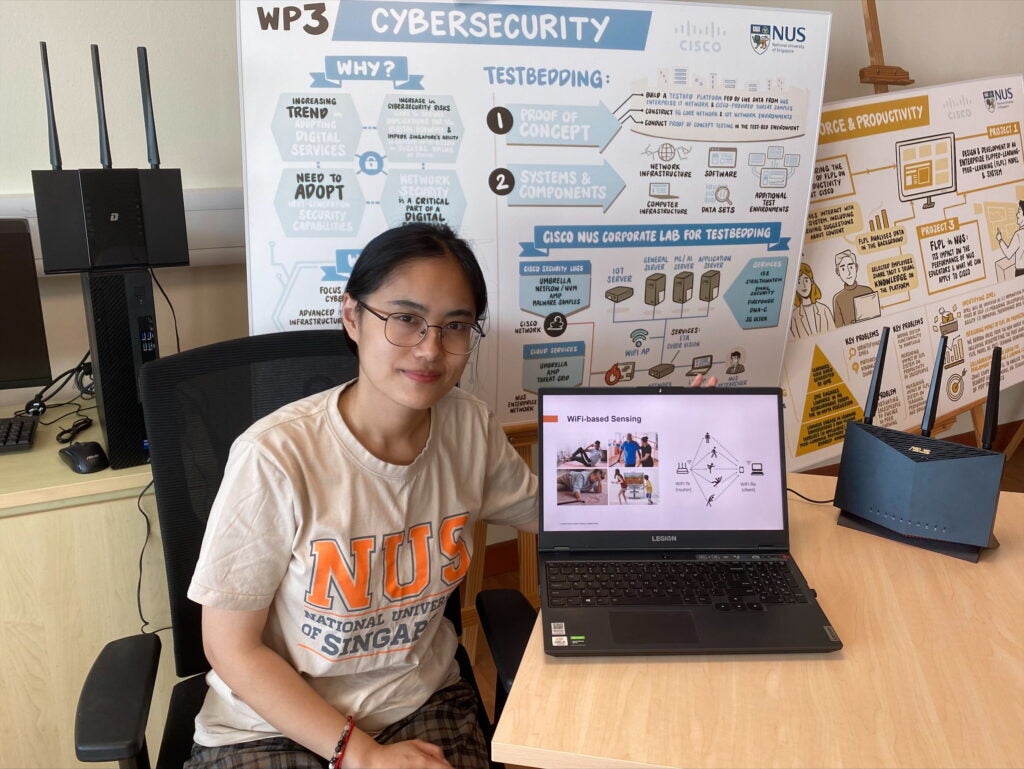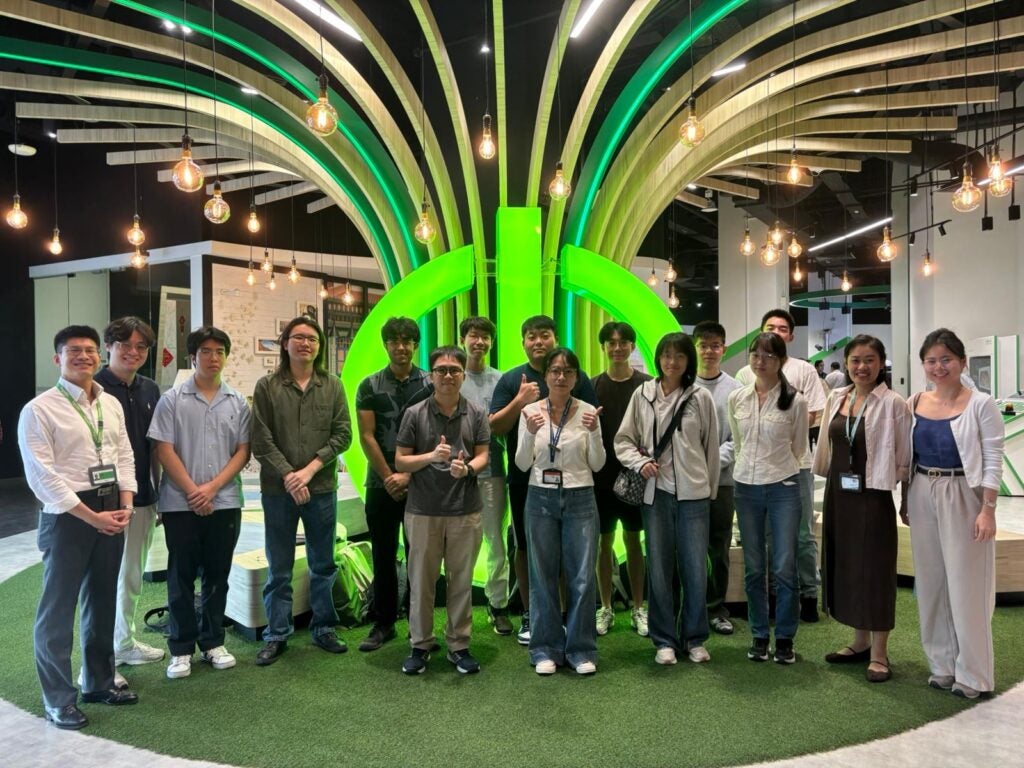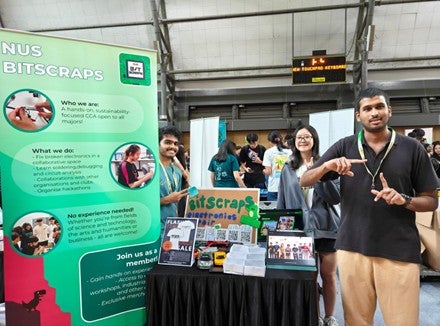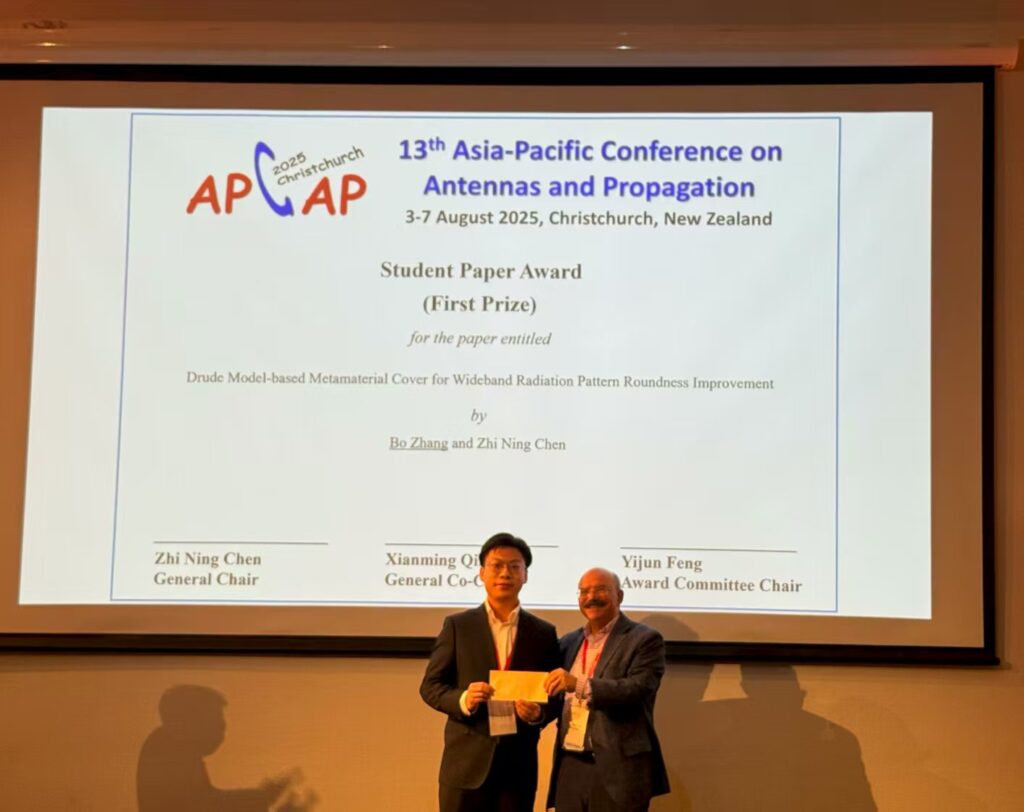
Congratulations to Ms. Liu Han, PhD student at NUS ECE, on receiving the Best Paper Award at the IEEE International Conference on Communications (ICC) 2025, held from 8 to 12 June in Montreal, Canada.
Her paper, entitled “GenFi: A Robust and Generalizable WiFi-Based Human Activity Recognition System,” addresses key limitations in WiFi-based sensing systems—an emerging field with applications in smart homes, security monitoring, and healthcare. These systems offer privacy-preserving and cost-effective alternatives to camera-based solutions by analyzing variations in wireless signals to detect human activities. However, their real-world applicability has been hindered by significant performance drops across different users, environments, and deployment conditions.
To overcome these challenges, Ms. Liu Han proposes GenFi, a novel WiFi-based human activity recognition framework that demonstrates strong generalization and robustness across diverse scenarios. Unlike conventional methods that rely solely on scenario-invariant features, GenFi integrates both general and scenario-specific representations. The framework leverages adversarial learning and meta-learning techniques to intelligently fuse these features, enabling accurate, stable, and lightweight activity recognition in unseen environments.
Experimental evaluations show that GenFi outperforms existing approaches in both accuracy and efficiency, marking a significant step forward in the development of deployable, privacy-conscious indoor sensing technologies.
The award was presented at IEEE ICC 2025, one of the flagship conferences of the IEEE Communications Society and a premier international platform for advancements in communication technologies. This year’s conference, themed “Communications Technologies 4Good,” spotlighted innovations that contribute to social welfare, sustainability, and inclusive development. The conference featured 13 symposia across cutting-edge topics such as IoT and sensor networks, mobile and wireless communications, and machine learning for communications, alongside industry panels, tutorials, and exhibitions.
This achievement underscores the calibre of research undertaken by NUS ECE students and reinforces the department’s leadership in advancing impactful, future-ready communication and sensing technologies.




